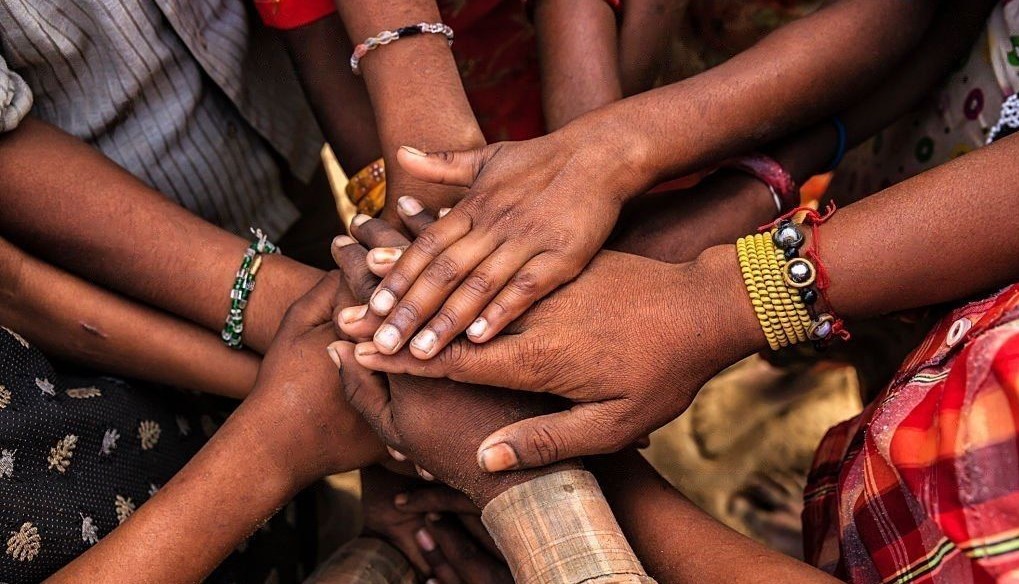Poverty how will it be evaluated? Understanding a situation’s root causes is necessary to assess it. An individual was deemed poor if their income won’t permit them to maintain a certain level of living that was seen as the minimum in society. Over the past thirty years, scholars have learned that poverty cannot be reduced to an income level, in large part because of NGOs.
NGOs have the complicated and dynamic nature of poverty and helped to develop the foundation for poverty eradication programs. NGOs exposed the limitations of the international community’s primarily quantitative, sometimes oversimplified, metrics of poverty. They contributed to a more solid foundation for understanding and quantifying poverty.
WHAT ROLE DOES NGO PLAY IN POVERTY ELIMINATION?
In the final decade of the twentieth century, the challenges of poverty eradication in developing nations, notably in India, were largely identified with the success stories of non-governmental organizations (NGOs).
Their success stories are inextricably linked to their responsibilities in reducing poverty, which include delivering direct services and influencing government policies that benefit the poor. As a new player and an autonomous, democratic organization noted for its participatory techniques,
NGOs conduct large research, awareness-raising, and growth programs to combat the causes of poverty. Aside from that, they work on the ground to empower societies. Many children’s NGOs exist, including Child Rights and You, teach for India, and Save the Children.
Non-governmental organizations (NGOs) have succeeded in filling the void created by the government’s and the market’s failure to provide fundamental social services and working on a grassroots level to eliminate poverty.
Furthermore, the perception that non-governmental organizations (NGOs) reflect the views of poor people has made it much simpler for them to deal with impoverished people at the grassroots level, something the government has found challenging. As a result, the common notion that NGOs always do good things and the overgeneralization that all NGOs are good arise.
FEW KEY POINTS ON HOW NGOS AIDS IN POVERTY ELIMINATION:
AID THE POOR & UNDERPRIVILEGED IN NEED OF SUSTAINABLE DEVELOPMENT:
There are many ways that an NGO can help fight for the sustainable development of poor and underprivileged communities. One way is by providing direct aid and assistance to those in need. This can include providing food, shelter, and clothing to families living in poverty, as well as access to healthcare and education.
Another way is by working to empower communities and help them develop the skills and knowledge they need to lift themselves out of poverty. This can be done through training programs, microfinance initiatives, and other community development projects.
AN NGO CAN PARTICIPATE IN POVERTY ALLEVIATION:
They can provide direct assistance to those in poverty through programs such as food assistance or job training. They can also lobby for policies that will help to reduce poverty or increase access to opportunities and resources.
Additionally, NGOs can raise awareness about poverty and its causes, which can lead to greater public support for efforts to reduce poverty. NGOs conduct large research, awareness-raising, and growth programs to combat the causes of poverty. Aside from that, they work on the ground to empower societies.
Many NGOs, such as Satya Shakti Foundation – the best NGO in Delhi, India, Save the Children, and others, seek to offer education for India’s most vulnerable children, with the intention of supporting children and advancing their lives. Similarly, disadvantaged toddlers are participating in health and nutrition programs in order to have a happy and healthy childhood.
HELP IN EMPOWERING THE FUTURE OF ANY NATION (CHILDREN):
Empowering children: Children are the pillar of any country. Today’s healthy and tranquil youngsters have grown up to become tomorrow’s mature, accountable, and educated individuals, who can contribute significantly more to the process of nation-building.
Prominent children-focused non-governmental organizations (NGOs) conduct campaigns and initiatives across India to secure the safety and health of the poorest and most underprivileged children, as well as to ensure that they receive a quality and complete education.
There are many non-governmental organizations (NGOs) in India that are working to alleviate poverty in the country. Some of these NGOs are:
- Oxfam India: Oxfam India is a part of the international Oxfam confederation. It works towards empowering the poor and marginalized communities in India.
- Satya Shakti Foundation: It strives to eliminate poverty and injustice. It operates in the Capital City of India to improve the livelihood of underprivileged children.
- Child Rights and You (CRY): CRY is an NGO that works for the rights of children. In India, CRY works towards ensuring that all children have access to basic amenities and rights such as education, health, and protection.
- SEWA: SEWA is an NGO that works for the empowerment of women. It provides women with access to health, education, and livelihood opportunities.
- Plan India: Plan India is an NGO that works for the development of children. In India, Plan India works towards ensuring that all children have access to basic amenities and rights such as education, health, and protection.
Read more on Health at trickylogics!









